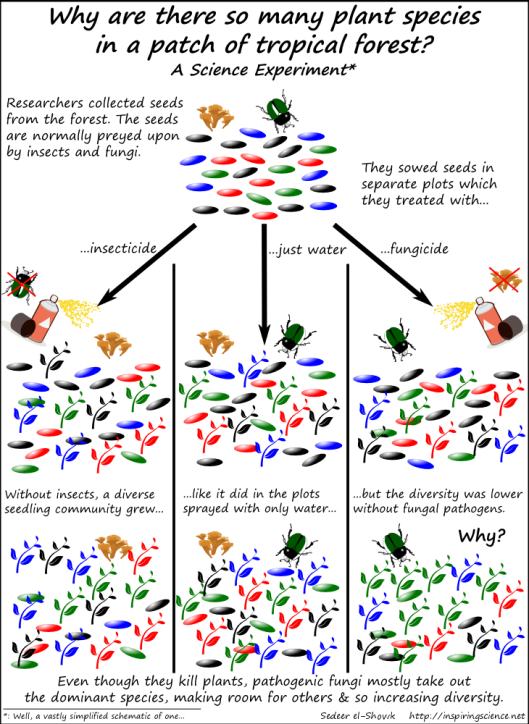Tags
animals, Behavior, biology, Education, evolution, mating, Popular science, reproduction, science, sex
Unfortunately, I’ve been too busy to attend to Inspiring Science this week. Rather than putting out a rushed post, I decided to republish this piece which I originally wrote for Accumulating Glitches last year. I hope you like it!
 Some spiders get eaten by their mates, and male salmon famously fight to the death for access to females, but we generally don’t think of reproduction being quite as risky for mammals. We may prance and pose or jockey for attention, and mating might even be quite painful, but it’s usually not lethal. Among mammals, “live to mate another day” seems to be the guiding principle. Exceptions to this rule are found in the dasyurids and didelphids, groups of small carnivorous marsupial species living in Australia and South America, respectively. “These species experience extreme sexual behaviour,” said Dr. Diana Fisher of the University of Queensland. Males and females mate with multiple partners and matings can go on for many hours. Afterwards, the males all die. Continue reading
Some spiders get eaten by their mates, and male salmon famously fight to the death for access to females, but we generally don’t think of reproduction being quite as risky for mammals. We may prance and pose or jockey for attention, and mating might even be quite painful, but it’s usually not lethal. Among mammals, “live to mate another day” seems to be the guiding principle. Exceptions to this rule are found in the dasyurids and didelphids, groups of small carnivorous marsupial species living in Australia and South America, respectively. “These species experience extreme sexual behaviour,” said Dr. Diana Fisher of the University of Queensland. Males and females mate with multiple partners and matings can go on for many hours. Afterwards, the males all die. Continue reading



You must be logged in to post a comment.